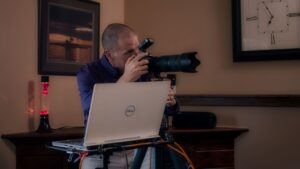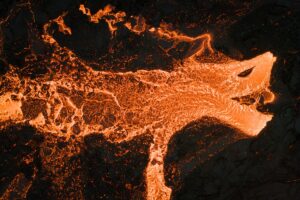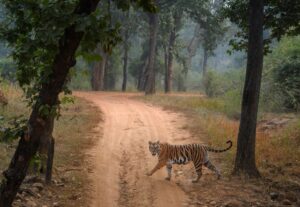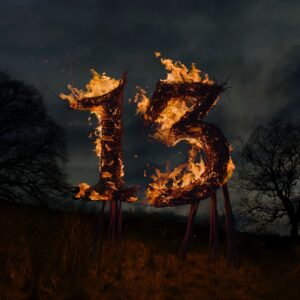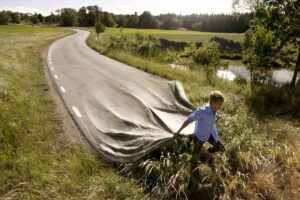
At some point, you have to think about what really speaks to you and what works for you.
Michael Bollino
You can also listen to this episode on iTunes, Pocket Casts, Spotify, Castbox, and Google Podcasts.

In this episode, I speak with nature photographer Michael Bollino! Michael takes stunning photographs of the great outdoors. His portfolio is filled with wide and intimate nature photographs, many of which include mountains.
We talk about:
- Michael’s life-changing experience in the Himalayas
- How to stand out as a nature photographer in the industry (and why that’s not the most important goal you should have)
- Mountain photography tips
& much more!
Michael is such a creative and eloquent speaker with an amazing portfolio. If you’re interested in taking your nature photography to the next level, I highly recommend listening to this episode!
Here is a preview of our conversation with Michael Bollino.

Q: Do you have any advice for photographers who want to take outstanding photos of mountains?
Michael Bollino: I would say the number one thing is to embrace mountains and all their weathers, so from bluebird days (sunny, cloudless weather) to the classic, perfect, cloud-filled skies which would work well for sunsets and sunrise, to even the moodier or darker stormy days.
I feel like as landscape photographers, as a community, we really want to focus on those really colourful sunsets or sunrises with amazing cloud structures passing over the mountain with a nice foreground element. Those are really engaging and fun images to photograph, but mountains add so much more.
For instance, my favourite time to photograph mountains is in drifting fog, when clouds and fog are moving through. You may get these glimpses of the mountain. The mountain may become engulfed by clouds and fog. Then the fog lifts and you see the mountain again. The moody, ephemeral nature of those scenes is really appealing to me and my visual sensibilities.
Don’t be afraid to go out there and photograph anyway. I feel like a lot of times for landscape photographers in particular, they feel like bluebird days are a bust. It’s not really worth it to go out and photograph because there are no clouds, right? But I think you can do more intimate work. You can you use the late daylight or early morning light to your advantage. Isolate some more intimate landscape subjects. You may be excluding the sky, but there’s also so much more possibilities within mountains than just including the entire mountain with the sky above it. In those instances, using either a telephoto lens or a telephoto zoom lens can help you isolate any part of the largest scene that may actually be visually appealing.

Q: If you could time travel with your camera, what time period would you visit? What would you photograph?
Michael Bollino: Here in the Pacific Northwest United States. It rains a lot. There’s a temperate rainforest. There’s a national park in Washington state called Olympic National Park. Besides a smallish interior area of rainforest, most of those rainforests were cut down in the last 100 years.
Whenever I go to the park, I drive through miles and miles and miles of these clear-cut forests. I’m always wondering what this place would have looked like 100 or 150 years ago. I would love to go back in time and see this place that I love so much when it was much more intact and when the ecosystem was much more healthy. I think it’d be fascinating, absolutely fascinating.

Q: What advice would you give to aspiring nature photographers who want to stand out in the industry?
Michael Bollino: First of all: network. We touched upon it earlier in the podcast, putting yourself out there in the community and reaching out the people whose work you admire. If you feel comfortable, ask them to give you some critique and feedback on images. Basically, try to find a way to work your way into the community.
In terms of standing out, that’s such a hard thing. What is your goal as a photographer? Is your goal to post work to social media and get lots of likes, comments, and followers? That’s a legitimate reason to go out and photograph for sure. I’m not going to downplay that. Or is your reason as a photographer to become as good as you can be at the craft of photography and to become a full-fledged artist? And in that regard, I think the whole idea of a mentorship would be really valuable. Beyond that, I would recommend not chasing anything. I’d recommend being authentic to yourself.
It begins with understanding what you enjoy photographing. It begins with becoming attuned with your own visual sensibilities. What kind of conditions do you like photographing in? Do you like small and intimate scenes? Do you like big, wild landscapes or more abstract work? What really speaks to you as a photographer when you’re walking through the field?
Links
Join Our Photography Community!




